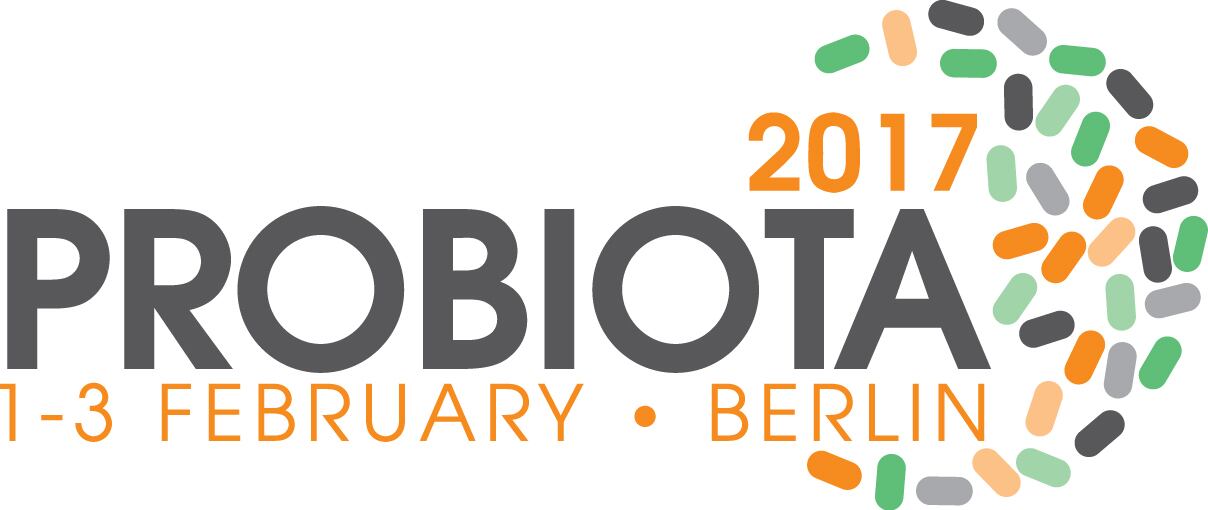In previous studies with mice, probiotics have been shown to improve learning and memory, and reduce anxiety and depression.
But prior to the present study there was very limited evidence of any cognitive benefits in humans.
Writing in Frontiers in Ageing Neuroscience, researchers in Iran show that a daily dose of probiotic Lactobacillus and Bifidobacterium bacteria taken over a period of 12 weeks is enough to yield a moderate but significant improvement in the score of elderly Alzheimer's patients on the Mini-Mental State Examination (MMSE) scale, a standard measure of cognitive impairment.
“This randomized, double-blind, and controlled clinical trial was conducted among 60 patients to assess the effects of probiotic supplementation on cognitive function and metabolic status,” wrote the research team from Kashan University of Medical Sciences, Kashan, and Islamic Azad University, Tehran.
Probiotic milk
The patients were randomly divided into two groups and treated with either milk (control group) or a mixture of probiotics. The probiotic supplemented group took 200 ml/day probiotic milk containing Lactobacillus acidophilus, Lactobacillus casei, Bifidobacterium bifidum, and Lactobacillus fermentum (2 × 109 CFU/g for each) for 12 weeks.
Mini-mental state examination (MMSE) score was recorded in all subjects before and after the treatment. Pre- and post-treatment fasting blood samples were obtained to determine the related markers.
Over the course of the study, the average score on the MMSE questionnaire significantly increased (from 8.7 to 10.6, out of a maximum of 30) in the group receiving probiotics, but not in the control group (from 8.5 to 8.0).
Even though this increase is moderate, and all patients remained severely cognitively impaired, researchers say these results are important because they are the first to show that probiotics can improve human cognition.
“After 12 weeks’ intervention, compared with the control group (−5.03% ± 3.00), the probiotic treated (+27.90% ± 8.07) patients showed a significant improvement in the MMSE score (P <0.001),” they wrote.
In addition, the group treated with probiotics showed a reduction is insulin resistance, and lower levels of triglycerides.
“These findings indicate that change in the metabolic adjustments might be a mechanism by which probiotics affect Alzheimer's and possibly other neurological disorders," said Professor Mahmoud Salami from Kashan University, the senior author of the study.
"We plan to look at these mechanisms in greater detail in our next study."
Important study
The research points out that the probiotic treatment had no considerable effect on other biomarkers of oxidative stress and inflammation, fasting plasma glucose, and other lipid profiles, but concludes that “overall, the current study demonstrated that probiotic consumption for 12 weeks positively affects cognitive function and some metabolic statuses in the patients.”
Walter Lukiw, Professor of Neurology, Neuroscience and Ophthalmology and Bollinger Professor of Alzheimer's disease at Louisiana State University, who reviewed the study but was not involved in the research, said: "This early study is interesting and important because it provides evidence for gastrointestinal (GI) tract microbiome components playing a role in neurological function, and indicates that probiotics can in principle improve human cognition.
“This is in line with some of our recent studies which indicate that the GI tract microbiome in Alzheimer's is significantly altered in composition when compared to age-matched controls, and that both the GI tract and blood-brain barriers become significantly more leaky with aging, thus allowing GI tract microbial exudates (e.g. amyloids, lipopolysaccharides, endotoxins and small non-coding RNAs) to access Central Nervous System compartments."
Source: Frontiers in Aging Neuroscience, 10 November 2016
http://dx.doi.org/10.3389/fnagi.2016.00256
“Effect of Probiotic Supplementation on Cognitive Function and Metabolic Status in Alzheimer's Disease: A Randomized, Double-Blind and Controlled Trial”
Author: Mahmoud Salam, et al.
Probiota 2017

Prebiotics and probiotics and the microbiome will be discussed in-depth at Probiota 2017 in Berlin on February 1-3.
From microbiome advances to start-up game changers to market stats that matter and crucial formulation and regulatory knowledge, this is a congressional must-have. Will you be joining your peers in one of Europe’s great cities?
Click here for more.

